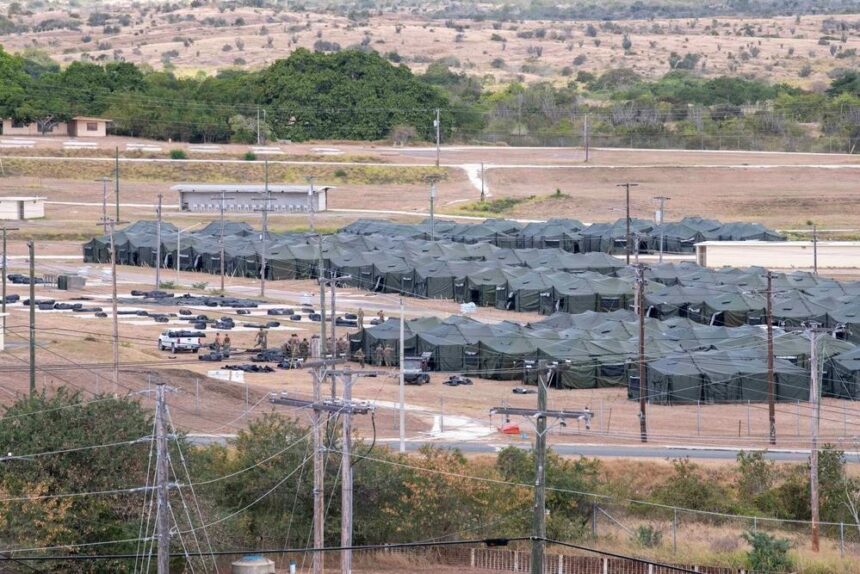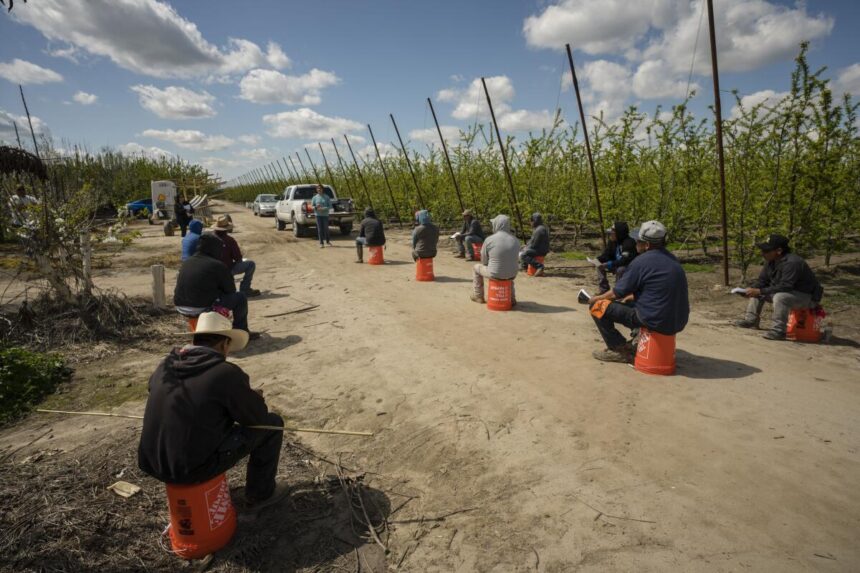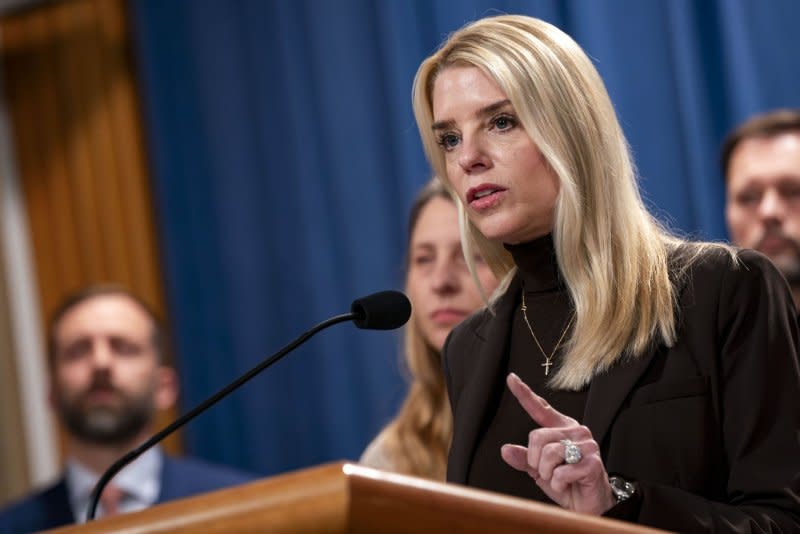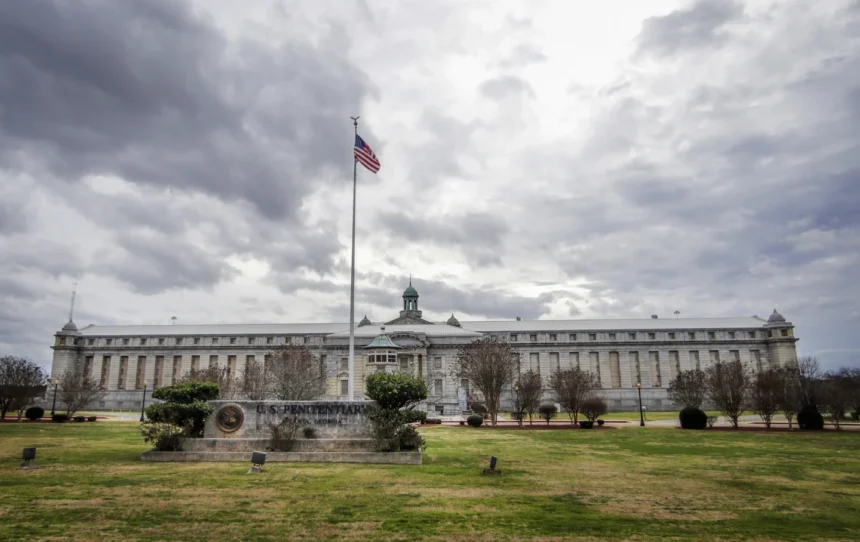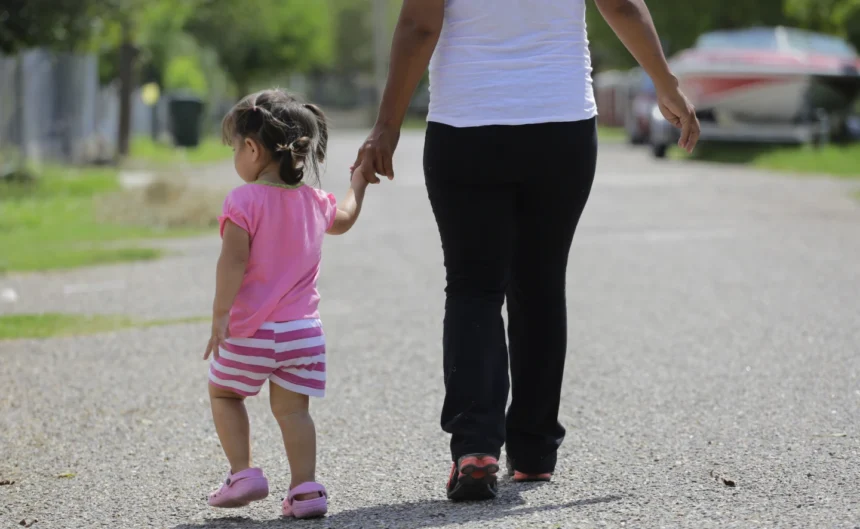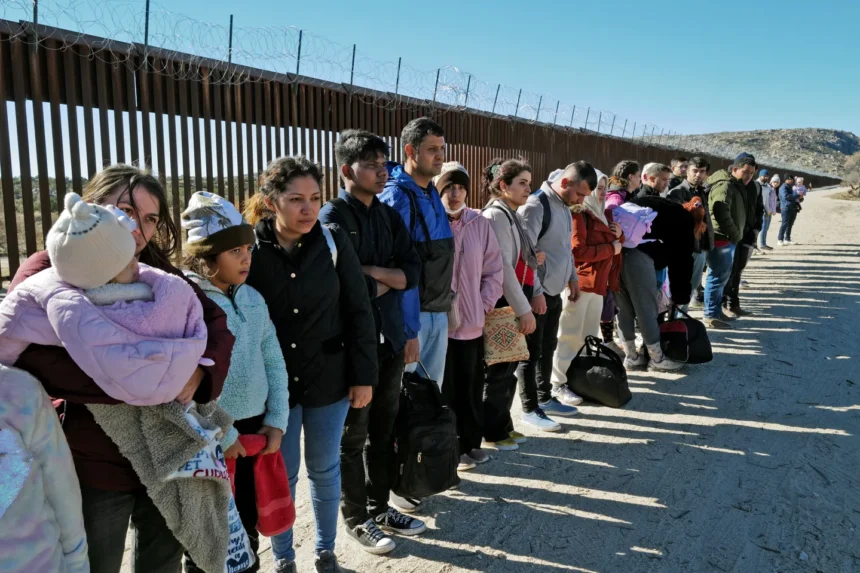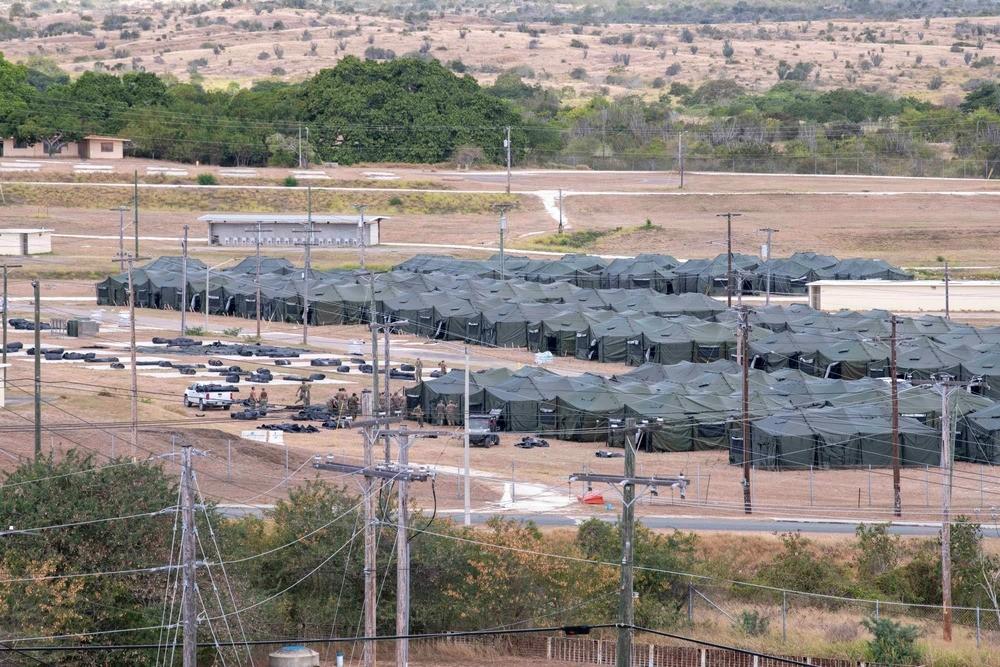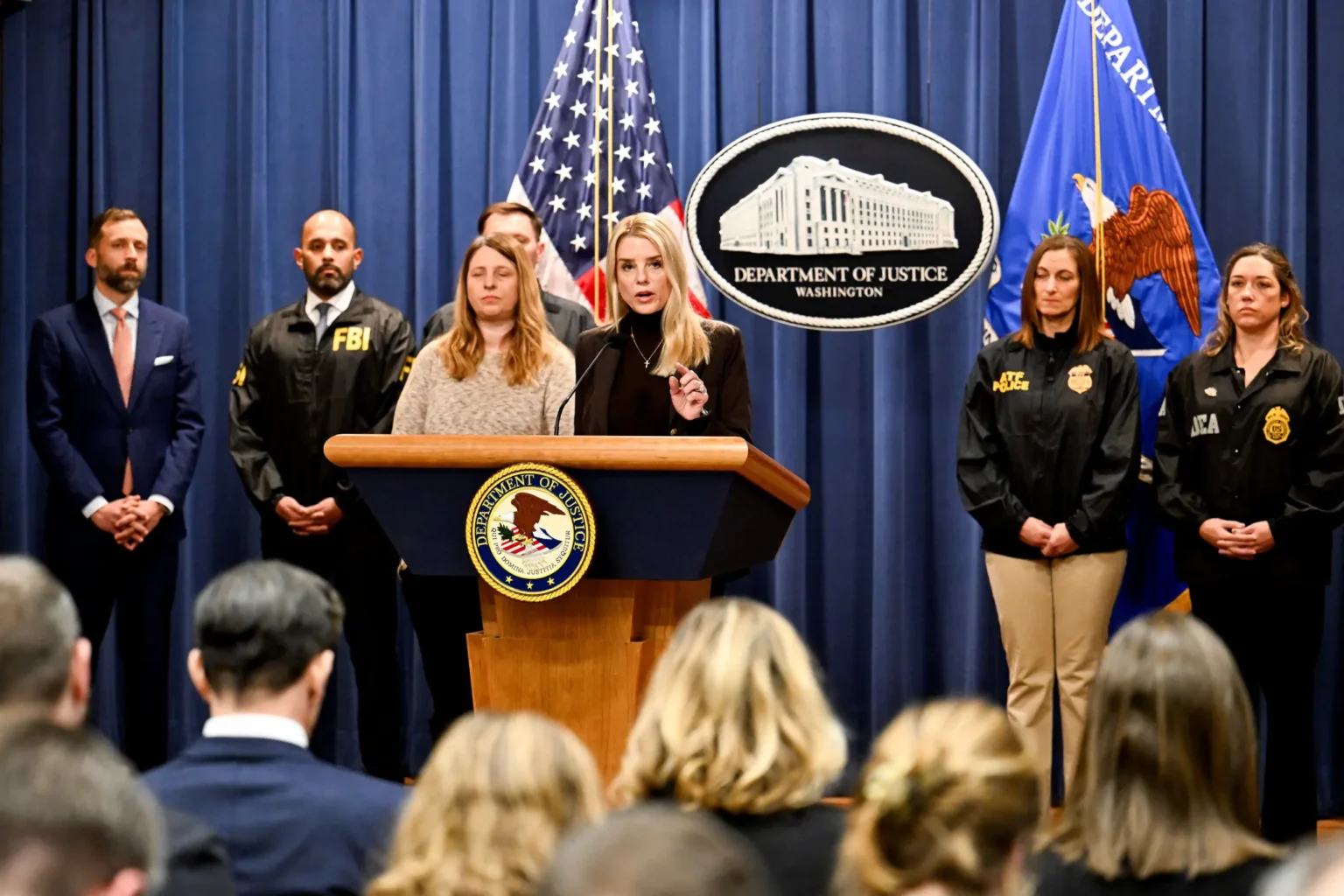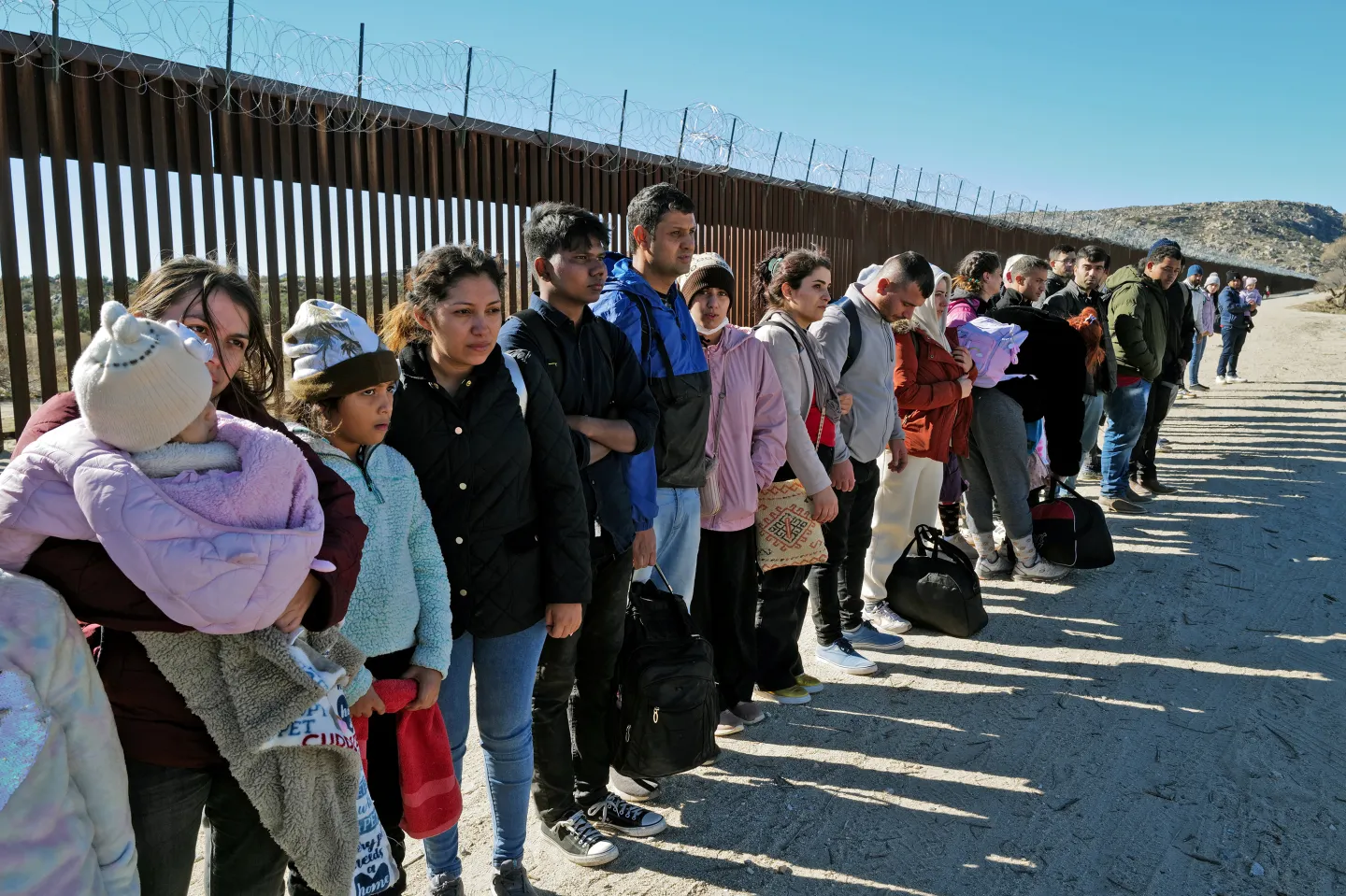A third federal judge has stopped President Donald Trump’s order that would take away birthright citizenship for children born in the U.S. to parents who are in the country illegally.
On Monday, U.S. District Judge Joseph N. Laplante in New Hampshire ruled against the order. This follows similar decisions made by judges in Seattle and Maryland last week.
Laplante, who was chosen for his position by Republican President George W. Bush, said he did not agree with the Trump administration’s arguments. He plans to issue a more detailed ruling later.
The American Civil Liberties Union (ACLU) sued the government, saying Trump’s order goes against the U.S. Constitution. The lawsuit was filed on behalf of immigrant rights groups and pregnant women who fear their children could be affected.
“This is a right that is protected by the Constitution and federal law,” said Cody Wofsy, a lawyer for the ACLU. “We will keep fighting until this order is gone for good.”
What the Trump Administration Says
The Trump administration argues that children born to noncitizens do not qualify for U.S. citizenship because they are not fully under U.S. law. Government lawyers did not comment on Monday, but they are appealing the ruling made by the Seattle judge.
At least nine lawsuits have been filed against Trump’s order.
In a lawsuit brought by four states in Seattle, Judge John C. Coughenour said last week that Trump’s administration was trying to ignore the Constitution.
“In this courtroom, the rule of law matters, and I intend to follow it,” said Coughenour, who was appointed by Republican President Ronald Reagan.
A judge in Maryland also ruled against Trump’s order in another lawsuit involving immigrant rights groups and pregnant women. The Trump administration has not yet appealed that decision.
Meanwhile, a judge in Boston recently heard arguments in a case filed by 18 states but has not made a decision yet.
The Legal Background
The main issue in these lawsuits is the 14th Amendment to the U.S. Constitution. This amendment, passed in 1868 after the Civil War, guarantees citizenship to anyone born in the U.S.
A Supreme Court case in 1898, known as United States v. Wong Kim Ark, confirmed that children born in the U.S. are citizens, except for children of foreign diplomats, enemy soldiers, or members of sovereign Native American tribes.
The U.S. is one of about 30 countries, including Canada and Mexico, that follow birthright citizenship, also called jus soli, meaning “right of the soil.”
